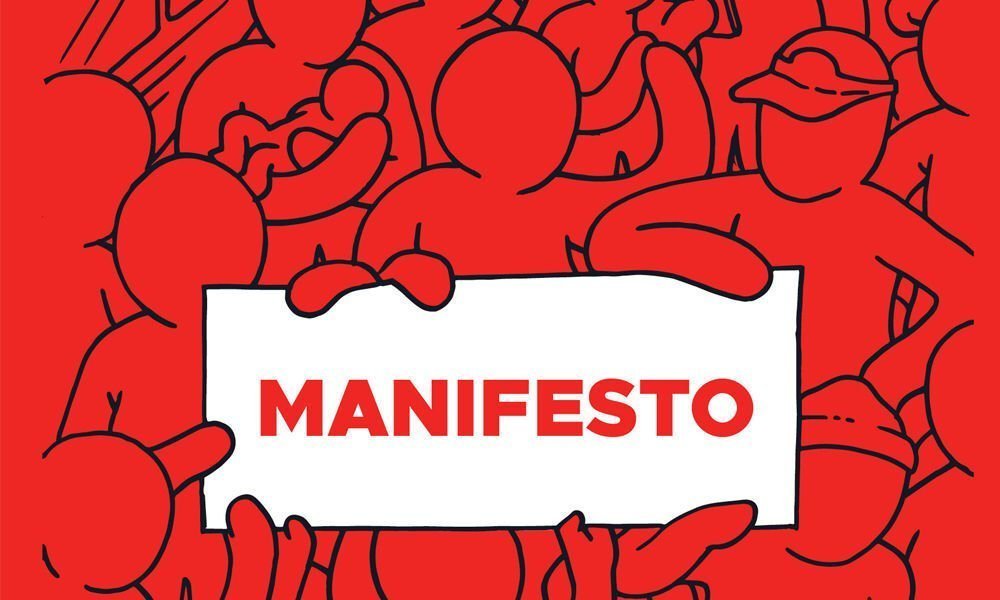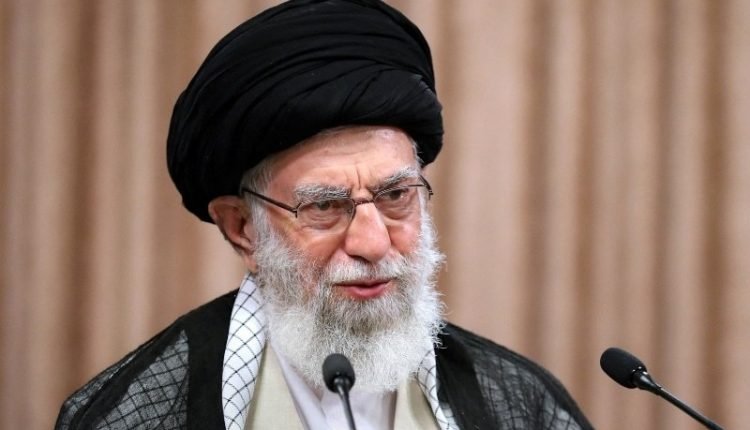Tahir Maqsood Chheena
Vote for Manifesto
republicpolicy.com has launched a political campaign to create awareness about the importance of the political manifesto in electioneering in Pakistan.
A political manifesto is a public declaration of a political party’s policies, goals, and intentions. It is a document that outlines the party’s ideology, principles, and vision for the future. A political manifesto typically includes a statement of the party’s beliefs, priorities, and proposed actions and policies on various issues such as the economy, education, healthcare, foreign policy, and social welfare. The purpose of a political manifesto is to communicate the party’s platform to voters and to persuade them to support the party in an election. It is also a means for the party to hold itself accountable to its supporters and to the public by providing a clear statement of its intentions and commitments. Political manifestos can vary in length and detail and may be updated or revised over time as the party’s priorities and policies evolve. They are essential for democratic engagement, allowing voters to make informed choices about which party and procedures align with their values and interests.
Political manifestos are essential for democracy for several reasons:
1. Transparency: Political manifestos provide transparency and accountability to voters. They allow political parties to communicate their intentions and commitments clearly, and voters can hold them accountable for fulfilling those promises.
2. Informed Voting: Manifestos help voters decide which party to support. Voters can compare and contrast the policies and priorities of different parties and choose the one that aligns with their values and interests.
3. Public Debate: Political manifestos can stimulate public debate and discussion about important issues facing society. They provide a framework for discussing policy proposals and can help shape public opinion.
4. Political Legitimacy: Manifestos give political parties a mandate to govern. By clearly articulating their policies and priorities, parties can gain the electorate’s support and then use that support to implement their agenda. Political manifestos promote transparency, accountability, and informed decision-making in a democratic society. They enable citizens to participate actively in the democratic process and make informed choices about the future direction of their country.
In Pakistan, political manifestos are legally essential for political parties to communicate their policies and priorities to voters. While political parties in Pakistan often face criticism for not fulfilling their manifesto promises, manifestos remain an essential part of the election process. The role of party manifestos in Pakistani politics is multi-fold:
1. Setting the Agenda: Manifestos help political parties set the agenda for the election campaign. They outline the party’s vision and priorities for the country and can help shape public opinion and debate.
2. Mobilizing Support: Manifestos are used to mobilize support among voters. By highlighting the party’s policies and priorities, they can attract voters who share those values and interests.
3. Holding Parties Accountable: Manifestos serve as a basis for holding political parties accountable. After the election, voters can compare the party’s performance with its manifesto promises to evaluate whether it has fulfilled its commitments.
4. Shaping Policy: Manifestos can help shape policy decisions after the election. If a party wins the election, its manifesto can serve as a blueprint for policy-making. However, a few challenges are associated with political manifestos in Pakistani politics. Political parties often make unrealistic promises in their manifestos, which they cannot fulfil due to various reasons, such as political instability, lack of resources, and opposition from other political parties. Additionally, political parties in Pakistan cannot often effectively implement their manifesto promises. Despite these challenges, party manifestos remain necessary for democratic engagement in Pakistani politics.
However, the above mentioned political and legal requirements are not followed in letter and spirit in Pakistan. Although, the political parties do prepare the political manifestoes but they do not disseminate it in their election processes and campaigns. Therefore, the common voters is neither politically trained nor enlightened to caste his/her vote on merit. It has been the biggest challenge to good governance and democracy in Pakistan.
Lastly, the electorate in Pakistan must know and comprehend the significance of the political manifesto. People can only evaluate and hold political parties accountable if they examine the performance of political parties on their manifestos. Hence, people should keep asking the political leaders and parties to explain and defend their manifestoes. It is critical for the strengthening of democracy in Pakistan.
Tahir Maqsood Chheena is a retired police office and editor at republicpolicy.com
















